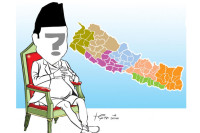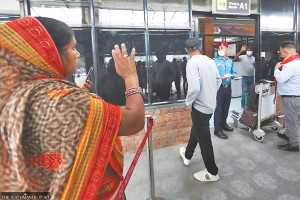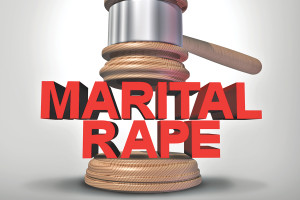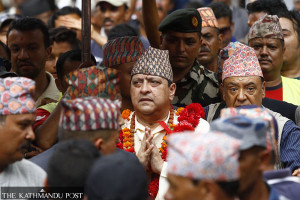 22.12°C Kathmandu
22.12°C KathmanduMiscellaneous
Malpractice
Extreme demands have been made by both sides of the case in holding doctors accountable
Patients all around the country have been deprived of health services because the Nepal Medical Association and all its doctors have gone on strike since Friday. The strike follows a government plan to introduce a law that holds doctors accountable for all health complications and deaths arising during treatment.
This has been a case of extreme demands on both sides. The government and the aggrieved kin of patients want doctors to be fully accountable for complications. Meanwhile, the agitating doctors are now demanding that anyone attacking a doctor or a health facility should be sent to prison without a chance of posting bail.
Accusing doctors of malpractice when patients suffer from complications during treatment is a regular occurrence in Nepal. Though complications during treatment leave patients and their kin understandably traumatised, lashing out at the doctor in charge of the case without investigation is simply not right.
There is no doubt that medical malpractice occurs. And when it does occur, those responsible should be punished. However, not all deaths and complications are due to the doctors’ negligence. At the same time, doctors too need to understand where the negative sentiment towards their trade is coming from. Last year, a research team at John Hopkins University School of Medicine—one of the top medical schools in the world—published a report that stated medical errors were the third largest cause of death in the US. So medical errors do occur. With this in mind, the NMA cannot always claim that complications and deaths are never the doctor’s fault.
Moreover, doctors are supposed to be a highly educated group, and it does seem unnecessary for the NMA to hold the nation’s health services hostage over a proposed law that is far from being formulated. The entire nation depends on medical practitioners for their continued wellbeing. What is a diabetic or a hypertensive patient to do if they feel that their life saving treatment is not working well? Diagnosis is not provided at the emergency room, and there are already reported cases of patients being turned away from emergency rooms.
Calmer heads should prevail here. Nepal is in need of a clearly defined medical malpractice law. However, the law cannot hold any doctor accountable without proof of negligence. Ultimately, we should be trying to decrease the number of medical errors in the country. At the same time, physical harm and intimidation of doctors who are accused of negligence by the patient’s kin should stop. Such violence towards medical practitioners only serves to demotivate even the well qualified and careful doctors from doing their job. For example, the current success rate for bypass surgery is 95 to 98 percent, meaning that between 2 to 5 percent of all patients suffer from complications. A cardiac surgeon fearing violence and blame may not be willing to attempt such a risky surgery, letting the patient perish without treatment.









.jpg&w=300&height=200)



